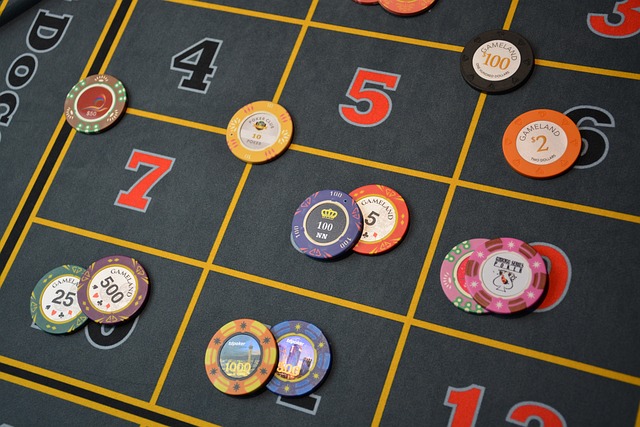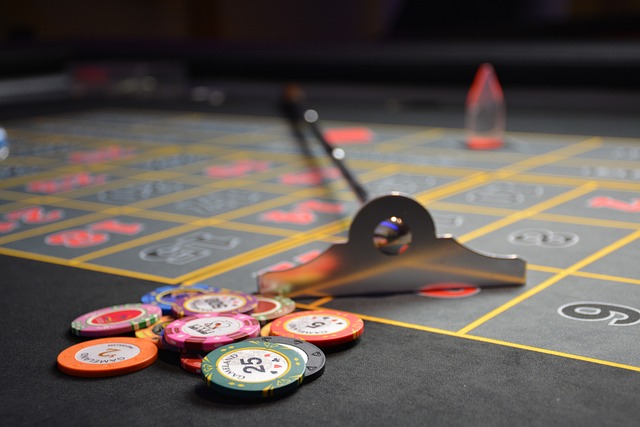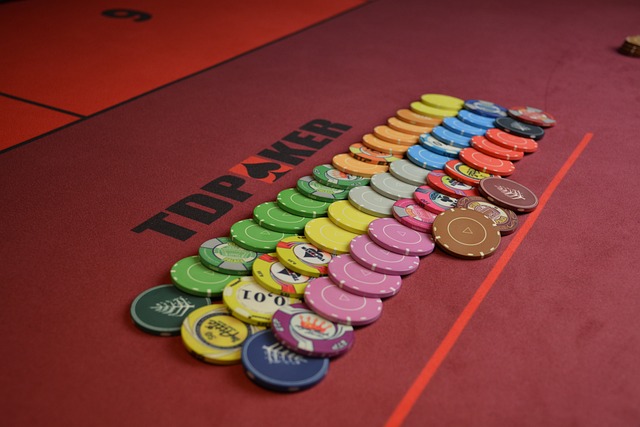The shift toward decentralization has transformed many industries, and gambling is no exception. As blockchain technology reshapes online casinos and betting platforms, one structure stands out as a key driver of transparency and fairness: the Decentralized Autonomous Organization (DAO). DAO governance brings the community into the decision-making process, allowing token holders to vote on rules, upgrades, rewards, and even the distribution of profits. In decentralized gambling platforms, this model redefines how operations are managed—removing centralized control and putting the power directly in the hands of users. This post explores how DAO governance works, its advantages, and the challenges it must overcome to revolutionize online gambling.
What Is DAO Governance?
DAO governance refers to the use of smart contracts and community voting systems to make decisions within a decentralized platform. Unlike traditional companies where a board or CEO makes all the rules, a DAO distributes that authority among its stakeholders. Token holders can propose changes, vote on platform features, decide how funds are allocated, and even select which games to add. In gambling platforms, this creates a democratic system where the casino’s evolution is shaped by the community. This setup increases trust, reduces manipulation, and aligns the interests of players, developers, and investors. The result is a more responsive and transparent gambling ecosystem.
How DAOs Enhance Trust in Gambling

One of the biggest concerns with online gambling is fairness. Traditional casinos operate behind closed doors, often with little transparency about how odds are set or funds are managed. DAO governance changes that. Through blockchain records and smart contract logic, all transactions, payouts, and decisions are visible to anyone. This transparency reassures users that games are not rigged and that the platform’s direction is shaped by collective input. Additionally, when governance decisions—such as fee adjustments or jackpot distributions—are made via public vote, trust increases. People are more likely to play on platforms where they have a voice in how the system runs.
Examples of DAO-Driven Features
Decentralized gambling platforms with DAO governance often introduce features that wouldn’t be possible in traditional models. For instance, revenue-sharing schemes can be voted in, where token holders receive a portion of the casino’s profits. The community might also decide which game developers to partner with, or how marketing budgets are spent. Even reward programs, such as loyalty tokens or NFT perks, can be created and modified through proposals. This flexible system means the platform can evolve quickly, staying aligned with user preferences. The result is a dynamic casino model where innovation is constant and driven from the ground up.
Challenges of DAO Implementation

Despite its advantages, DAO governance also brings challenges. One major issue is voter participation. Many token holders don’t vote, either due to apathy or lack of understanding. This can lead to decision-making dominated by a small minority, which defeats the purpose of decentralization. Another concern is proposal quality—without proper vetting, platforms risk implementing changes that harm user experience or security. Smart contract vulnerabilities also require careful auditing, as DAO-controlled systems can be exploited if not properly secured. Finally, regulatory uncertainty still looms over DAO-run gambling sites in many regions, raising questions about legal compliance and accountability.
The Future of DAO Governance in Gambling
As DAO frameworks mature, their role in gambling platforms is likely to grow. More advanced governance models may include tiered voting, delegate systems, and integrated user feedback tools. Education will also play a key role—platforms must help users understand how to participate meaningfully in governance. Over time, we may see entirely player-run casinos, with every aspect—from game selection to profit sharing—decided by the community. The fusion of blockchain, smart contracts, and DAO governance offers an unprecedented opportunity to create gambling environments that are fair, transparent, and aligned with user values. The future of decentralized gambling will likely be built not by companies—but by communities.
